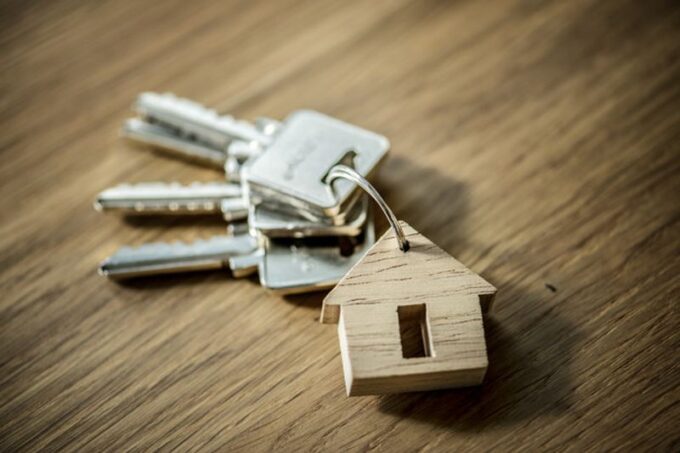If you’re looking to step into buying your first home, you’re likely well aware of just how big of a milestone that can be, as well as how challenging it is likely to be. When it comes to getting enough cash piled up for a deposit, it can seem daunting and sometimes even impossible, though, with a solid plan and a commitment to following it, you’ll be on your way to buying a home in no time!
We would all agree that scrolling through home listings is exhilarating and can get your blood pumping, though it’s essential to keep in mind that buying a home is a process, and you’ll need to spend the time and wait it out to save and also to choose the one you really want!
All of that said, we’re happy to say that saving for a home doesn’t have to be an impossible task, and we have seven great saving tips for buying a home below.
Planning a Realistic Budget
It isn’t a secret that a mortgage is one of the most significant debts you’re ever going to take on in your lifetime, and so it is vitally important to make sure you save enough for a deposit to really get on to that mortgage debt as soon as possible.
And with that in mind, we have one major tip for you – be realistic about budgeting.
You are going to want your savings budget to allow you to live your life as normally as possible but also leave you with a tonne of savings ready down the line. We highlight realistic budgeting down to the fact that a lot of first home buyers set unrealistic savings goals, become demotivated and simply give up in the months ahead.
With that noted, develop a budget that works cohesively with your lifestyle and doesn’t bog you down too much.
Debt Minimisation Comes First
In line with planning your budget, you’re also going to want to make sure all of your debts (or as many as possible) are zeroed out before you plan on taking out a loan.
You will know that debt is one of the most expensive financial burdens out there given that you’re charged interest and also tied to it for the foreseeable future, and it will also affect your borrowing limits.
It is a good idea to make use of your budget to reduce debt in the early stages of saving for a home, and you’ll be on the right track here.

Use Your Apps
Taking a look at the App Store for automatic savings apps is another great way to save, and you might also find that your bank offers savings features that allow you to set up recurring payments from one account to another.
Speak to a Broker
Whether you’re new to home loans or not, it is good to reach out to a mortgage broker where you can to ensure you’re getting a good deal or know what your options are with regards to home loans and rates you’ll be paying.
Oftentimes these brokers also have access to off the market loans and rates that you can make use of to majorly reduce your interest and overall fees when it comes to buying a home. However, if reaching out to a mortgage broker isn’t something you’re looking to do, there is the option of using this calculator by clicking here and ones just like it to find out what your payments are looking to be with standard advertised loans.
Set Up Automatic Saving
One of our tips for those who need a more automated saving process, we suggest setting up automatic saving accounts and making use of as many automated systems for saving money as possible. Though these won’t be as dramatic as a hands-on system that you control on your own, they are a great way to round up any extra cash you have to assist in paying off debts, or filling a savings account, for example.

Take a Look at Grants
A quick tip we have for you is to take a look at home buyer grants. Depending on where you live, government subsidies may help you in saving for a home and reducing your level of dependence on a loan by offering $10,000 or even more toward your new home.
Review Your Expenses
A relatively big tip that a lot of us overlook is reviewing all of our expenses on a routine basis. This ties back into your budget, and you’re always going to want to make sure you’re aware of what you’re spending and making.
A monthly or even weekly income and expenses check will have you in the know about where your money is going and what you can do to increase your savings amount.











